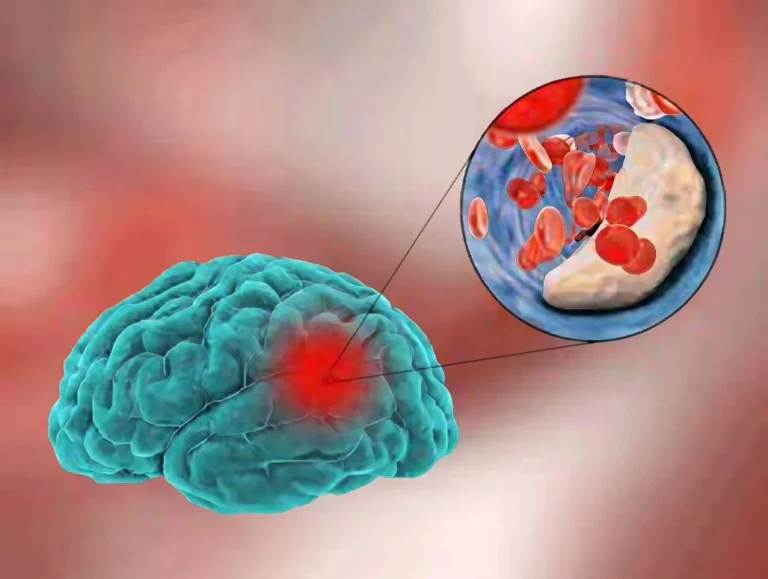
NUCLIDIUM has announced the successful imaging of its first patient in a Phase 1 clinical trial for its radiotracer candidate, aimed at providing a safe and accurate diagnostic tool for prostate cancer. The radiotracer, 61Cu-NuriPro™ (61Cu-NODAGA-PSMA I&T), targets Prostate Specific Membrane Antigen (PSMA), a key biomarker for diagnosing and staging prostate cancer. This marks the first clinical trial for a candidate from NUCLIDIUM’s innovative copper-based radiopharmaceutical pipeline. Additionally, the theranostic version, 67Cu-NuriPro™ (67Cu-NODAGA-PSMA I&T), is in preclinical development, with a Phase 1 study set to begin in 2025.
The investigator-initiated, non-randomized Phase 1 trial is underway at Hoag Memorial Hospital Presbyterian in Newport Beach, California. It aims to assess the safety and efficacy of the NuriPro™ diagnostic candidate for imaging prostate cancer, comparing it to an FDA-approved 18F-based PSMA-targeting radiotracer. The 61Cu-based candidate offers several potential advantages, including a longer half-life of 3.3 hours—compared to the typical 1 to 2 hours of most molecular imaging agents—allowing for a broader distribution after production.
The candidate can be manufactured easily at room temperature, enabling on-demand preparation and a streamlined workflow with minimal laboratory equipment. This capability also supports delayed imaging, which helps detect even small metastases. If the trial is successful, NUCLIDIUM plans to advance the NuriPro™ program into a Phase 1/2 theranostic trial, evaluating both the 61Cu imaging agent and the 67Cu therapeutic candidate.
Manufacturing of the diagnostic tracers is handled by PharmaLogic Holdings in Los Angeles, who deliver them to Hoag in a ready-to-inject format. NUCLIDIUM and PharmaLogic established a collaboration in 2023, allowing PharmaLogic to produce high-quality 61Cu radionuclides and radiopharmaceuticals using NUCLIDIUM’s proprietary technology.
Dr. Gary Ulaner, Director of Molecular Imaging and Therapy at Hoag and Principal Investigator of the trial, stated, “Prostate cancer is the most frequently diagnosed cancer and the second leading cause of cancer death in American men. Rapid and accurate diagnosis is vital for effective treatment. Our study evaluates the safety of 61Cu-NuriPro™ and compares its performance to an FDA-approved radiotracer. So far, the first patient has not experienced any adverse events, and the scan with 61Cu-NuriPro™ revealed more osseous lesions than the 18F-piflufolastat at one hour post-injection. PET scans with 61Cu-NuriPro™ identified even more lesions at two and four hours compared to one hour, supporting the promising imaging performance indicated by preclinical results.”
Dr. Leila Jaafar, CEO and Co-Founder of NUCLIDIUM, added, “With the initiation of this trial, we’re building clinical data to demonstrate the unique advantages of our radiopharmaceutical approach. Our copper-based candidates have shown improved imaging capacity and reduced toxicity in preclinical studies. The unique properties of copper allow us to create a true theranostic pipeline that enables more accurate patient staging and treatment. Our NuriPro™ diagnostic addresses detection and production challenges for those affected by prostate cancer, and we are eager to explore its potential further.”




